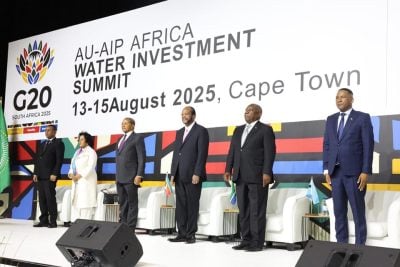This article was produced with the support of United Nations Economic Commission for Africa (ECA)
Her insights shed light on pressing issues and underscored the need for inclusive policies. In her address, Banda she stressed that young people must be at the centre of discussions about global challenges as their perspectives, energy, and creativity are essential for finding effective solutions.
The former president urged young people to be more productive and better prepared. She emphasized the importance of education, skills development, and active engagement in societal matters.
Banda rejected confrontational approaches to advocacy by the youth. Instead, she advocated for fruitful and respectful engagement between generations, even when addressing difficult issues. Naming and shaming alone won’t suffice; genuine dialogue is crucial, she argued.
“There will be nothing that will be decided about you without you.” She emphasised that decisions affecting young people should involve them directly. Their voices matter, and their futures are at stake, she argued.
Banda also underscored the urgency of climate change. She called for youth representation at policy-setting tables. Rather than a top-down approach, she favored a bottom-up strategy to tackle environmental challenges.
Banda said efforts must be made to stem youth migration to Europe. She also cautioned against using the youth solely for political gain and rather to properly realise their potential.
Dr Felipe Paullier, Assistant Secretary-General for Youth Affairs, noted that the issues raised by Banda resonated with millions of young Africans and pledged his continued support for youths’ interests on the global stage.
In a compelling address, Chido Cleopatra Mpemba, the African Union Youth envoy, emphasized the pivotal role of young people in shaping critical conversations and decisions.
Her insights underscored the urgency of youth representation and active participation in governance and policy-making. “We need young people not just as tokenism but to be at the forefront of conversations.”
Mpemba rejected the notion of tokenism. She asserted that young people should not merely be part of the process and consultations; they must occupy a central position in discussions about our collective future.
She commended the United Nations for establishing a dedicated role for youth.

 Sign in with Google
Sign in with Google 



